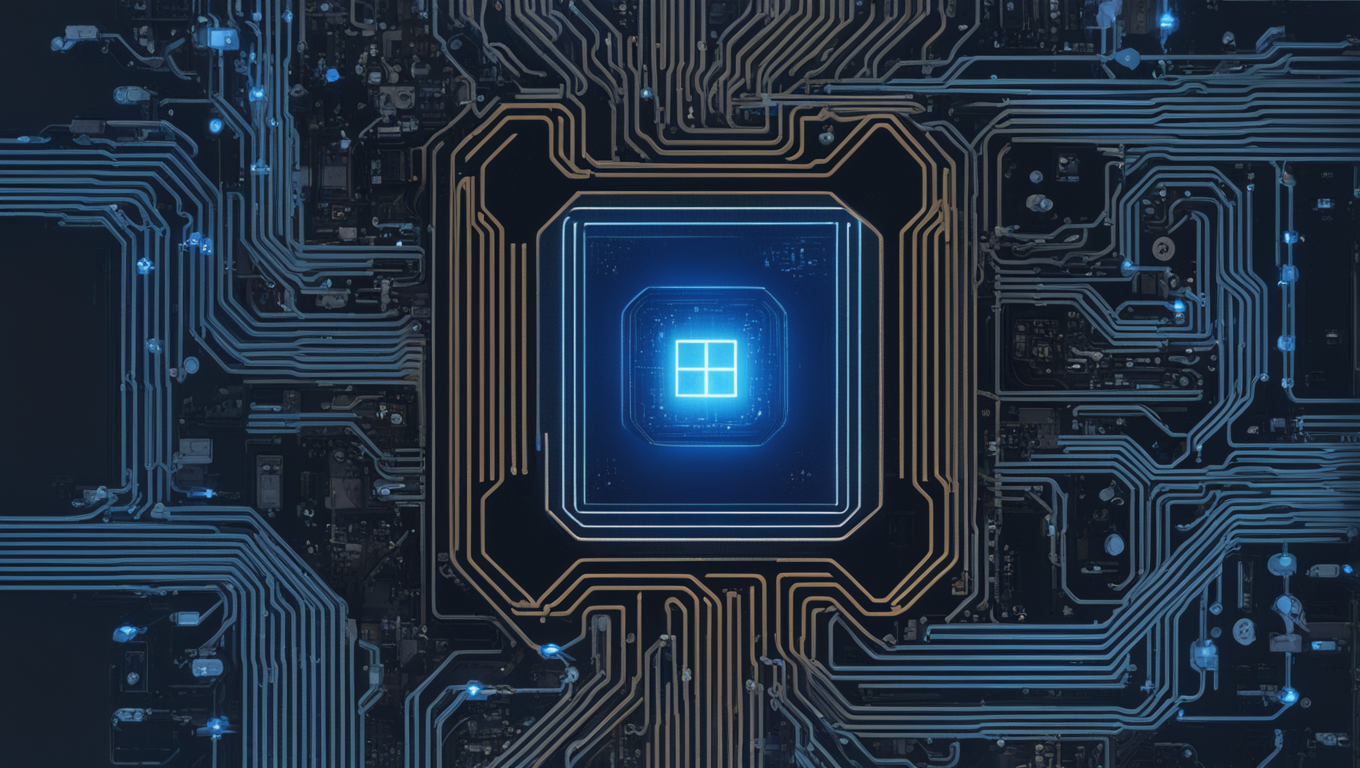Tech Giant Google, under its parent company Alphabet, has made a groundbreaking announcement in the field of artificial intelligence (AI). They unveiled a new addition to their AI data center chip family called Trillium, which boasts nearly five times the speed of its predecessor. This significant advancement in AI chip technology comes in response to the ever-increasing demand for machine learning computers, which has grown by a factor of 1 million in the last six years.
Alphabet CEO Sundar Pichai expressed his belief that Google is perfectly positioned to meet this demand. He stated, “I think Google was built for this moment, we’ve been pioneering (AI chips) for more than a decade.” This assertion is not without merit, as Google’s custom chips for AI data centers provide a viable alternative to Nvidia’s dominant processors. Together with Google’s tensor processing units (TPUs) and accompanying software, they have enabled the company to gain a significant share of the AI data center chip market. While Nvidia currently holds around 80% of the market, the remaining 20% is comprised mostly of Google’s TPUs in various iterations.
The newly introduced Trillium chip of Google’s sixth-generation boasts a computing performance of 4.7 times that of its predecessor, the TPU v5e. This earlier chip was specifically designed to power the technology responsible for generating text and other media using large models. Furthermore, Trillium is 67% more energy efficient than the v5e, a crucial factor in today’s tech landscape where sustainability is a growing concern.
The Trillium chip’s availability to Google’s cloud customers is set for “late 2024.” However, Google’s engineers have already made impressive strides in maximizing the chip’s performance. They achieved this by increasing the high-bandwidth memory capacity and overall bandwidth, which is vital for accommodating the vast amounts of memory required by AI models. In terms of deployment, the Trillium chips will be organized in pods of 256 chips that can be scaled up to encompass hundreds of pods.
With the introduction of the Trillium chip, Google is solidifying its position as a prominent player in the AI chip market, proving its expertise and commitment to innovation. As machine learning computers continue to play an increasingly crucial role in various industries, Google’s groundbreaking contribution will undoubtedly drive the advancement of AI technology further.





Use the share button below if you liked it.